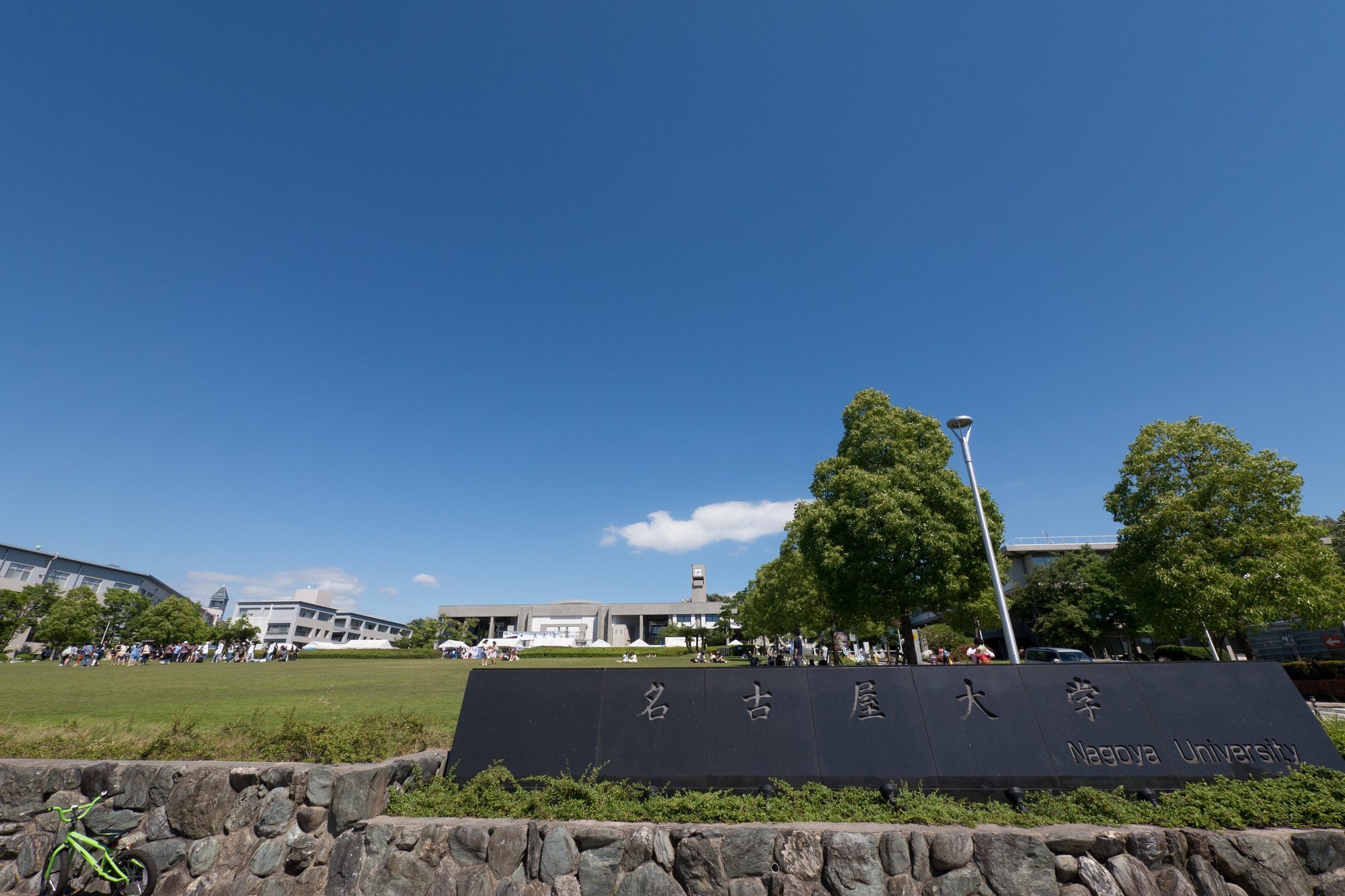A research team led by Professor Azusa Kamikouchi of Nagoya University has elucidated the neural mechanism of the brain that controls the suppression and promotion of courtship acceptance in female Drosophila.
Many animals do not allow females to mate immediately with the male courtship approach.While refusing courtship, keep a distance and fully evaluate the candidate spouse before accepting copulation.However, the mechanism of the brain that controls such a switch from rejection to acceptance was unclear.
Studies have revealed that in the female brain of Drosophila melanogaster, nerve cells called PPM3 neurons receive signals from the brain region where male-derived pheromone information is collected.From here, the "ellipsoid" in the central complex of the brain was further signaled, which was thought to be responsible for the pre-copulation behavior of the female.
Of the two types of nerve cells in the elliptical body, when the cell group called "rejection neuron" was activated, the females stopped mating, and when suppressed, they allowed mating.The other group of cells, called "receptive neurons," was responsible for producing inhibitory neurotransmitters (GABAs) to signal reject neurons and suppress rejection reactions.
In fact, another neurotransmitter (glutamic acid) produced by the receiving neuron acts on the rejecting neuron to promote the synthesis of nitric oxide, and this gas promotes the GABA release of the receiving neuron and suppresses the rejecting neuron. was.Since nitric oxide is inactivated in about 2 seconds, it was found that the sustained activity of rejected neurons enhances the activity of receptive neurons and promotes mating.
As a result, male courtship is rejected many times, so it is necessary to continue courtship no matter how many times it is frustrated in order to acquire female love (copulation).It is expected that this achievement will lead to the elucidation of the universal mechanism of the brain including humans.
Paper information:[Current Biology] A feedforward circuit regulates action selection of pre-mating courtship behavior in female Drosophila

